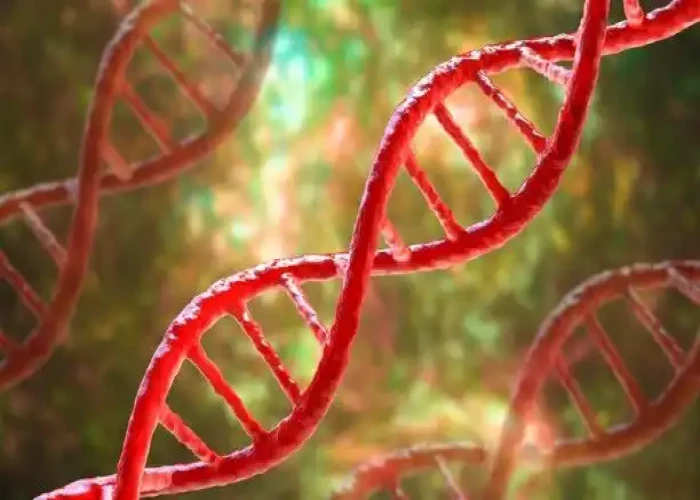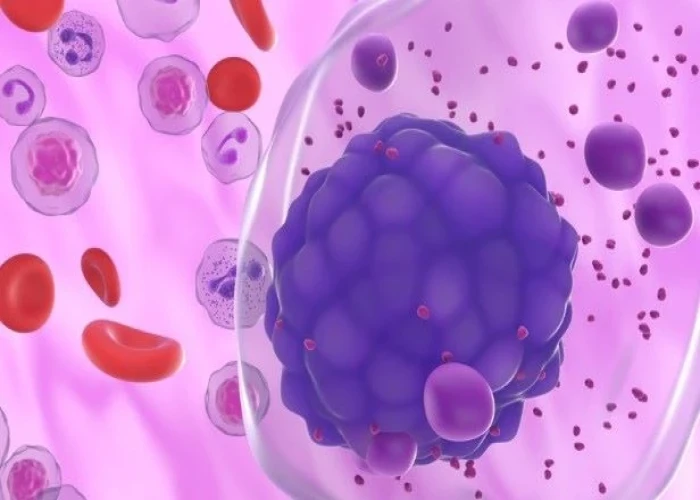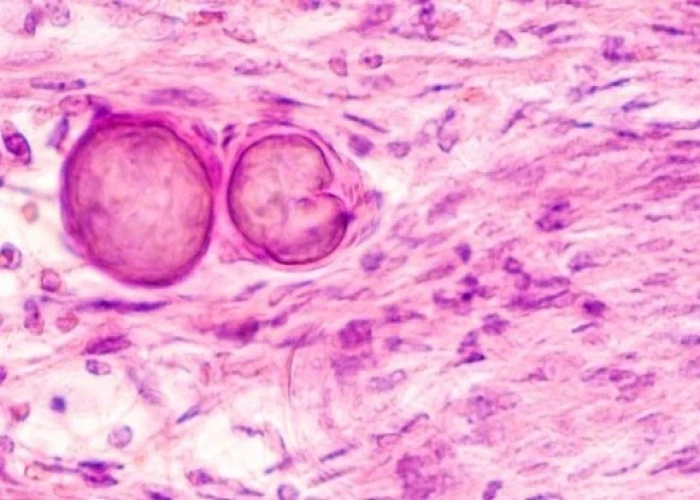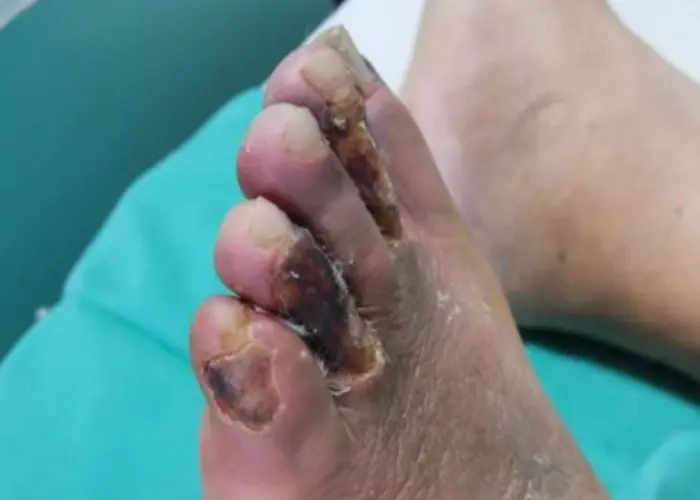 Welcome
Welcome
“May all be happy, may all be healed, may all be at peace and may no one ever suffer."
Swollen lymph nodes

Swollen lymph nodes, also known as lymphadenopathy, are a common symptom of various medical conditions. Lymph nodes are small, bean-shaped glands found throughout the body that play a crucial role in the immune system. When lymph nodes become swollen, it is often a sign that the body is fighting an infection or illness.
There are many possible causes of swollen lymph nodes, including:
- Infection: Swollen lymph nodes are often a sign that the body is fighting an infection, such as a viral or bacterial infection.
- Inflammation: Some conditions that cause inflammation, such as rheumatoid arthritis or lupus, can also cause swollen lymph nodes.
- Cancer: In some cases, swollen lymph nodes may be a sign of cancer, such as lymphoma or leukemia.
- Immune system disorders: Certain immune system disorders, such as HIV or autoimmune diseases, can cause swollen lymph nodes.
The treatment for swollen lymph nodes depends on the underlying cause. In some cases, no treatment is necessary, and the swelling will go away on its own as the body fights the infection or illness. However, if the swelling is caused by a serious condition such as cancer, specific treatments may be needed, such as chemotherapy or radiation therapy.
It is important to see a doctor if you have swollen lymph nodes that do not go away, or if they are accompanied by other symptoms such as fever, night sweats, or unexplained weight loss. Your doctor can perform tests to determine the underlying cause and develop an appropriate treatment plan.
Research Papers
Disease Signs and Symptoms
- Swollen lymph nodes
- Tenderness and pain in the lymph nodes
- Enlarged lymph nodes
- Swelling that may be the size of a pea or kidney bean, or even larger in the lymph nodes
- Runny nose, sore throat, fever and other indications of an upper respiratory infection
- General swelling of lymph nodes throughout your body
- Hard, fixed, rapidly growing nodes, indicating a possible cancer or lymphoma
Disease Causes
Swollen lymph nodes
Lymph nodes are small, round or bean-shaped clusters of cells. Inside lymph nodes are a combination of different types of immune system cells. These specialized cells filter your lymphatic fluid as it travels through your body and protect you by destroying invaders.
Lymph nodes are located in groups, and each group drains a specific area of your body. You may be more likely to notice swelling in certain areas, such as in the lymph nodes in your neck, under your chin, in your armpits and in your groin. The site of the swollen lymph nodes may help identify the underlying cause.
The most common cause of swollen lymph nodes is an infection, particularly a viral infection, such as the common cold. Other possible causes of swollen lymph nodes include:
Common infections
- Strep throat
- Measles
- Ear infections
- Infected (abscessed) tooth
- Mononucleosis
- Skin or wound infections, such as cellulitis
- Human immunodeficiency virus (HIV) — the virus that causes AIDS
Uncommon infections
- Tuberculosis
- Certain sexually transmitted infections, such as syphilis
- Toxoplasmosis — a parasitic infection resulting from contact with the feces of an infected cat or eating undercooked meat
- Cat scratch fever — a bacterial infection from a cat scratch or bite
Immune system disorders
- Lupus — a chronic inflammatory disease that targets your joints, skin, kidneys, blood cells, heart and lungs
- Rheumatoid arthritis — a chronic inflammatory disease targeting the tissue that lines your joints (synovium)
Cancers
- Lymphoma — cancer that originates in your lymphatic system
- Leukemia — cancer of your body's blood-forming tissue, including your bone marrow and lymphatic system
- Other cancers that have spread (metastasized) to lymph nodes
Other possible but rare causes include certain medications, such as the anti-seizure medication phenytoin (Dilantin) and preventive medications for malaria.
Disease Prevents
Disease Treatments
Swollen lymph nodes caused by a virus usually return to normal after the viral infection resolves. Antibiotics are not useful to treat viral infections. Treatment for swollen lymph nodes from other causes depends on the cause:
- Infection. The most common treatment for swollen lymph nodes caused by a bacterial infection is antibiotics. If your swollen lymph nodes are due to an HIV infection, you'll receive specific treatment for that condition.
- Immune disorder. If your swollen lymph nodes are a result of certain conditions, such as lupus or rheumatoid arthritis, treatment is directed at the underlying condition.
- Cancer. Swollen nodes caused by cancer require treatment for the cancer. Depending on the type of cancer, treatment may involve surgery, radiation or chemotherapy.
Disease Diagnoses
Disease Allopathic Generics
Disease Ayurvedic Generics
Disease Homeopathic Generics
Disease yoga
Swollen lymph nodes and Learn More about Diseases

Carbon monoxide poisoning

Encopresis

Metabolic syndrome

Turner syndrome

Multiple myeloma

Meningioma

Atrial fibrillation

Claudication
swollen lymph nodes, ফোলা লিম্ফ নোড
To be happy, beautiful, healthy, wealthy, hale and long-lived stay with DM3S.
